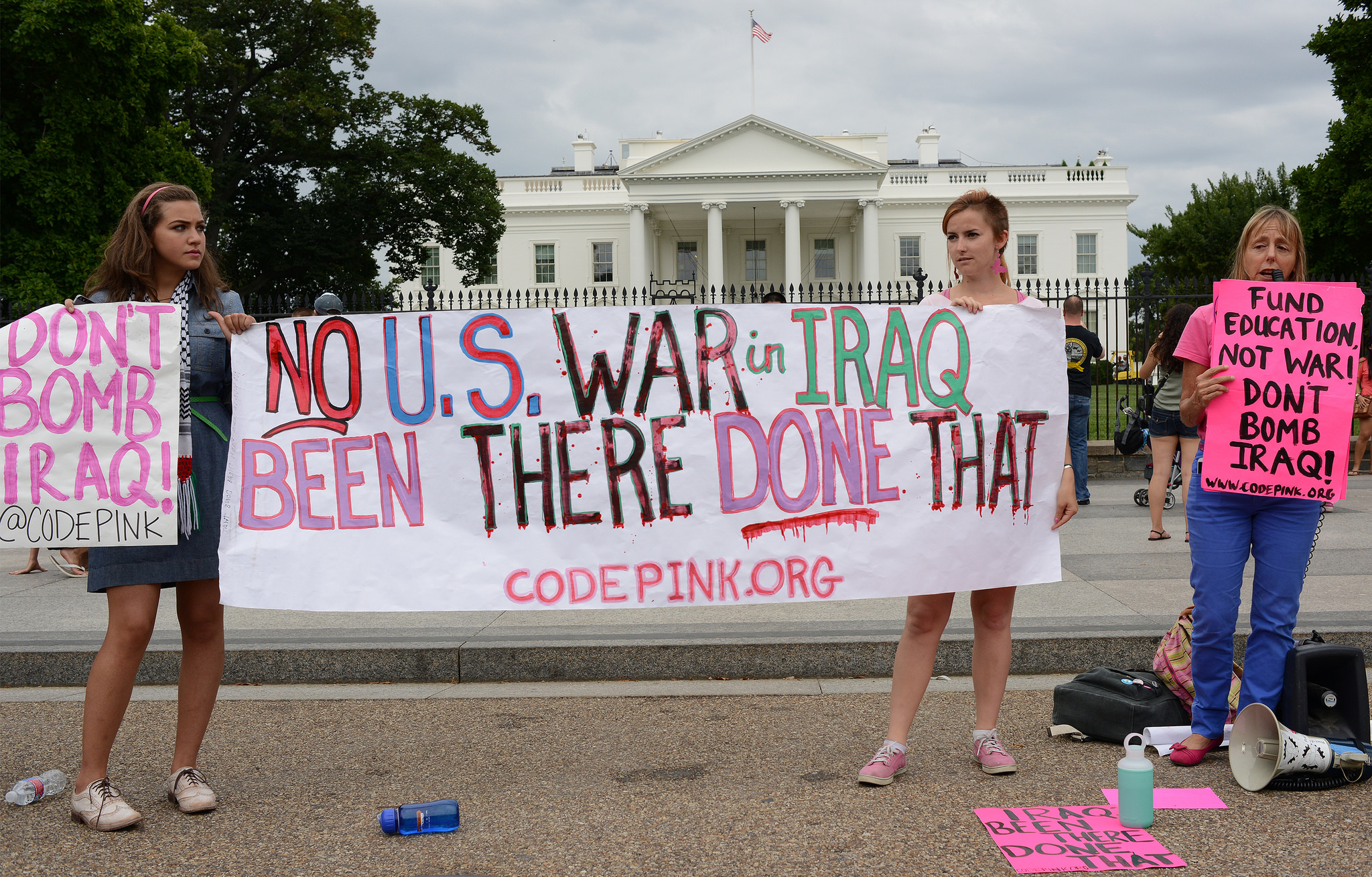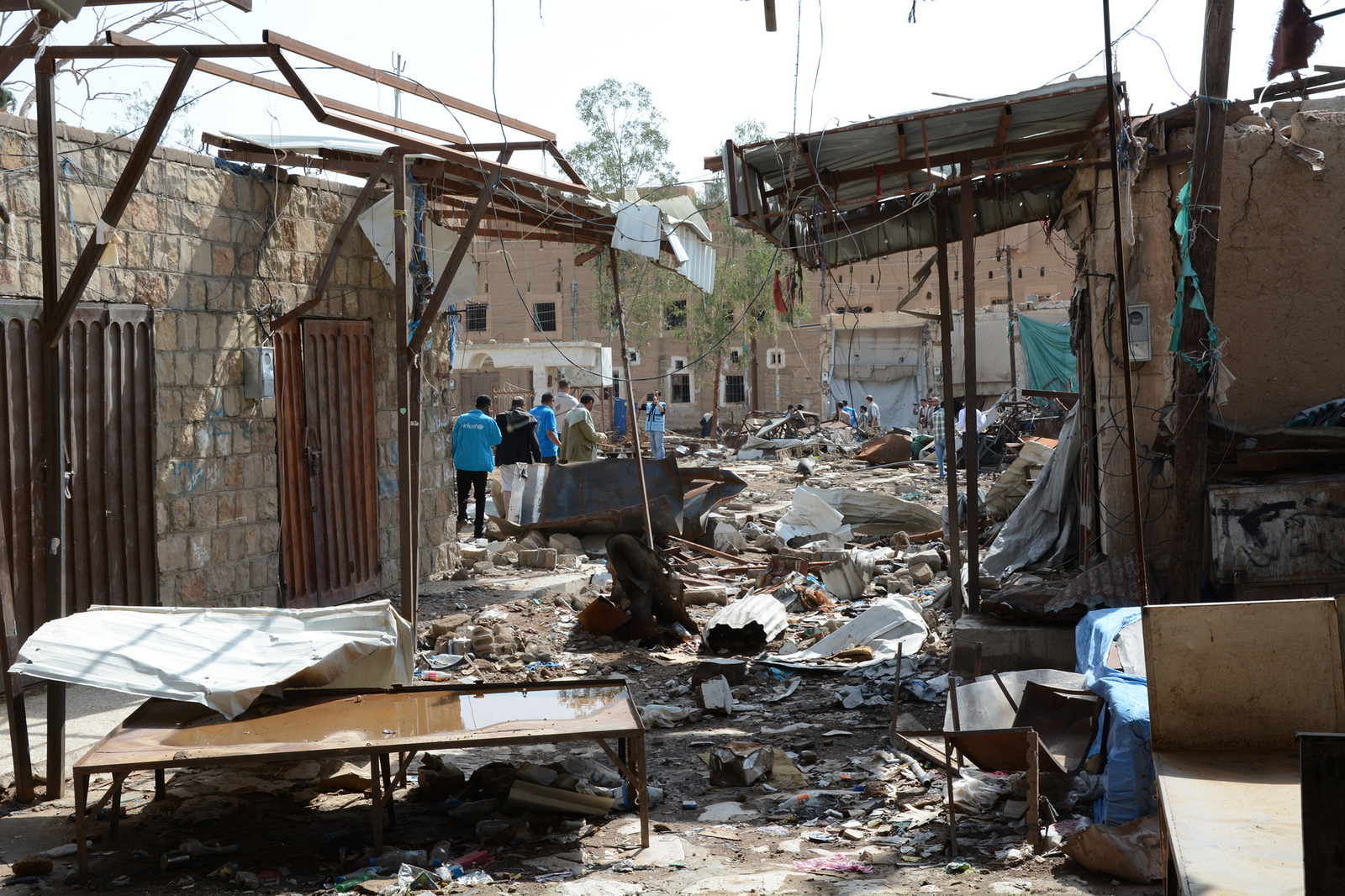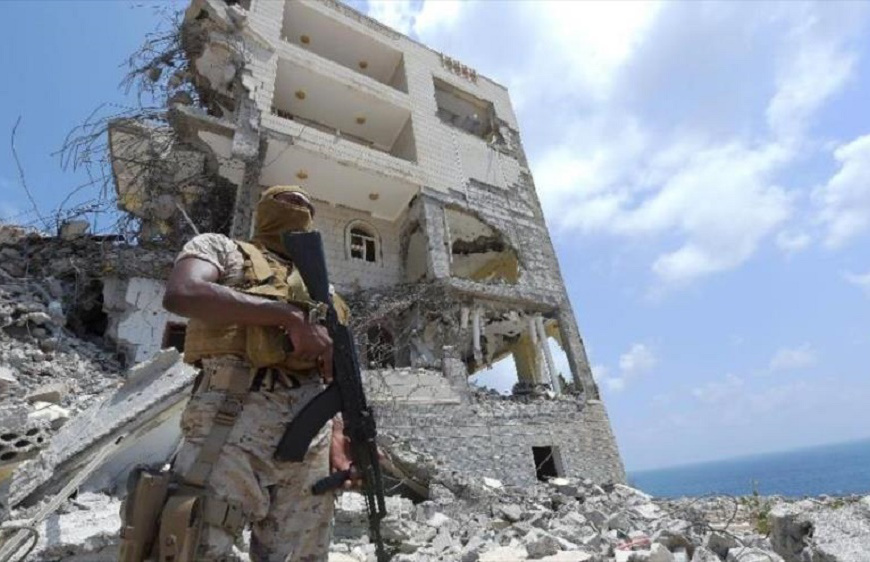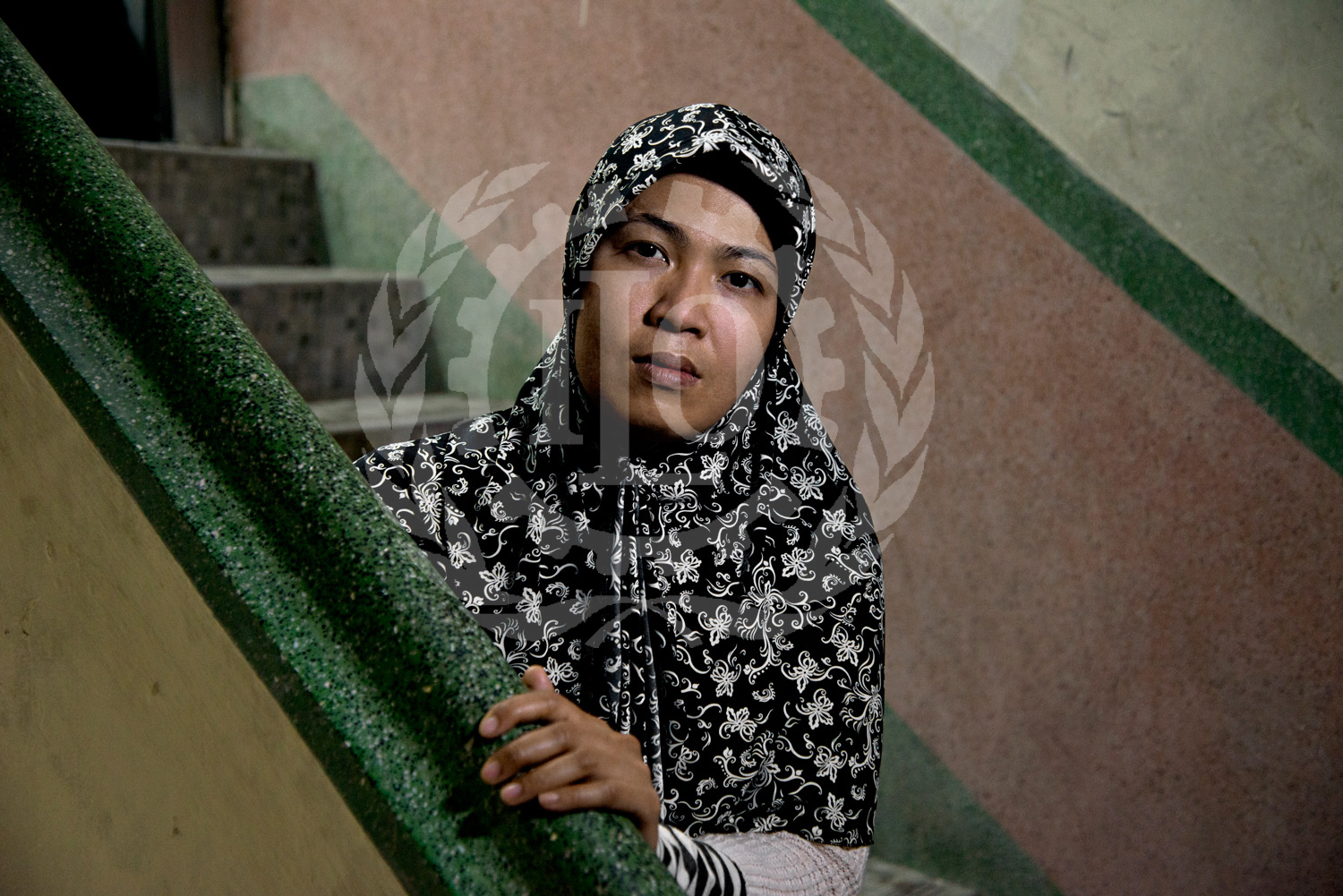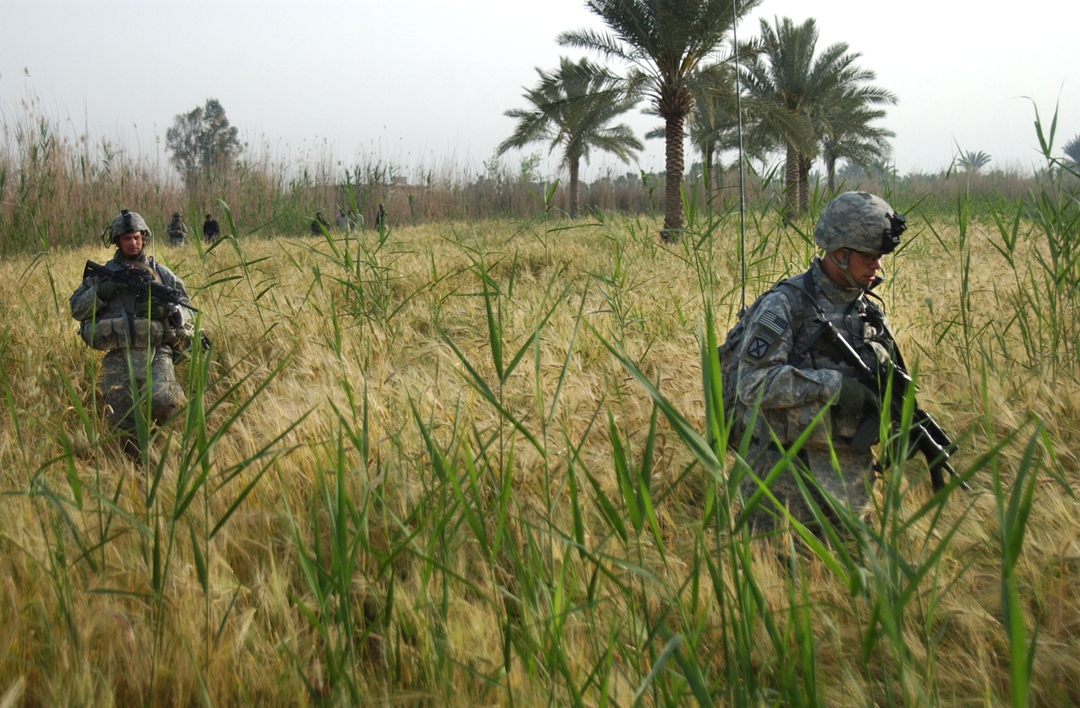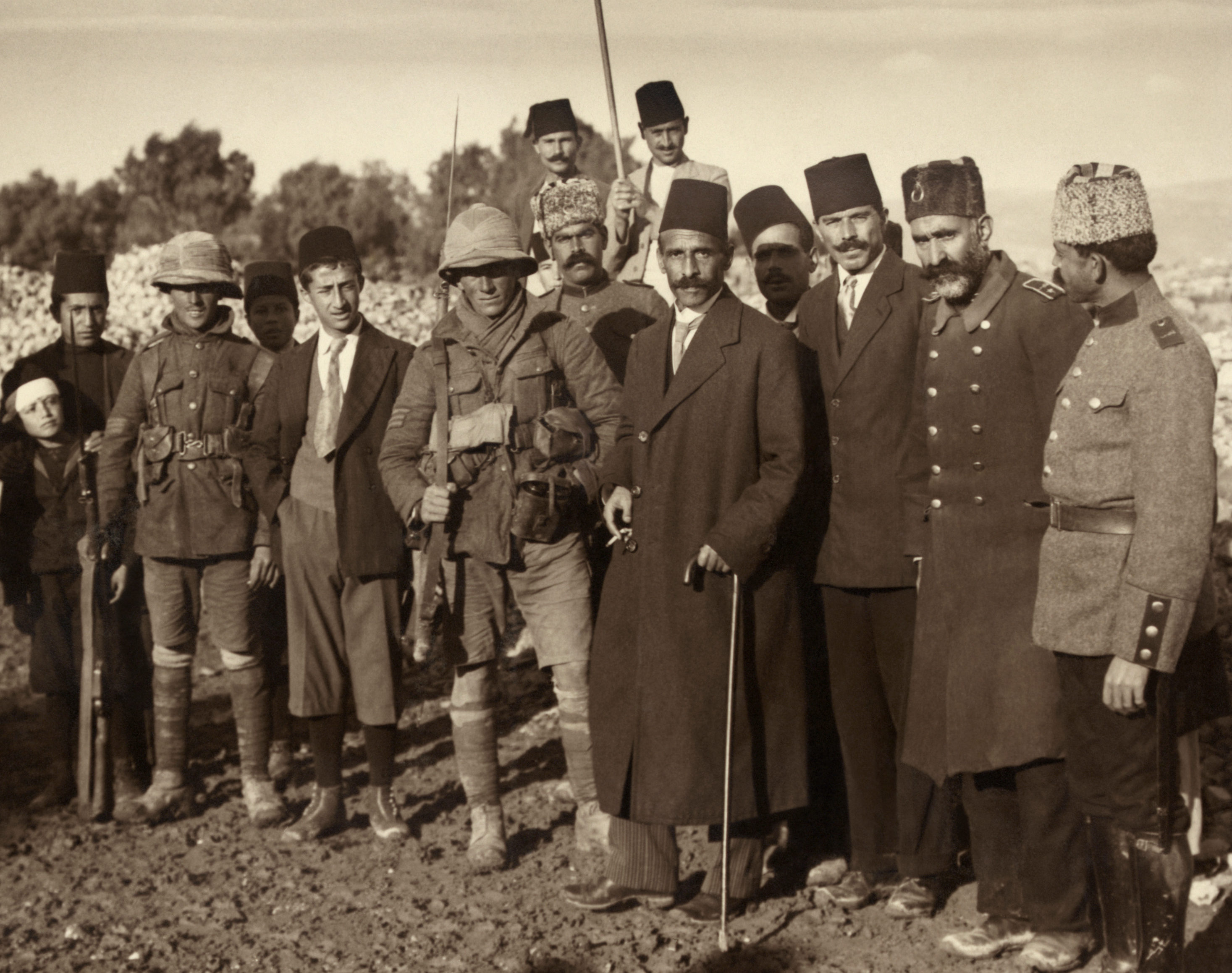Tuesday marked the 100th anniversary of a decision by French and English diplomats to divide the Middle East into competing empires — a decision that continues to influence unrest in the region even today.
The historic Sykes-Picot agreement, named for its authors, diplomats Mark Sykes of Great Britain and François Georges-Picot of France, was secretly signed on May 16, 1916, although the world was not aware of its existence until after the Russian Revolution of 1917.
Signed by the U.K. and France during a meeting at Downing Street in London, with the agreement of the Russian Empire, it was intended to divide the two imperialist nations’ sphere of influence after an anticipated victory against the Ottoman Empire in World War I.
Britain took control of land between the River Jordan and the Mediterranean Sea, including modern-day Jordan, southern Iraq, and the Mediterranean ports of Haifa and Acre. France took parts of Turkey, northern Iraq, Syria and Lebanon, while Russia took Istanbul, Armenia, and the Turkish Straits.
